IUP's Proposed College of Osteopathic Medicine: 2025 Year in Review
Since IUP's Council of Trustees approved exploring the possible development of a college of osteopathic medicine at IUP in December 2022, the...

Since IUP's Council of Trustees approved exploring the possible development of a college of osteopathic medicine at IUP in December 2022, the...
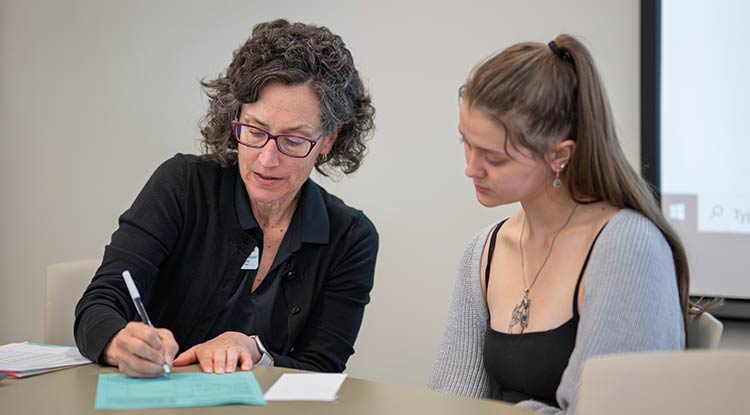
After 36 years of Liberal Studies, general education got an overhaul.
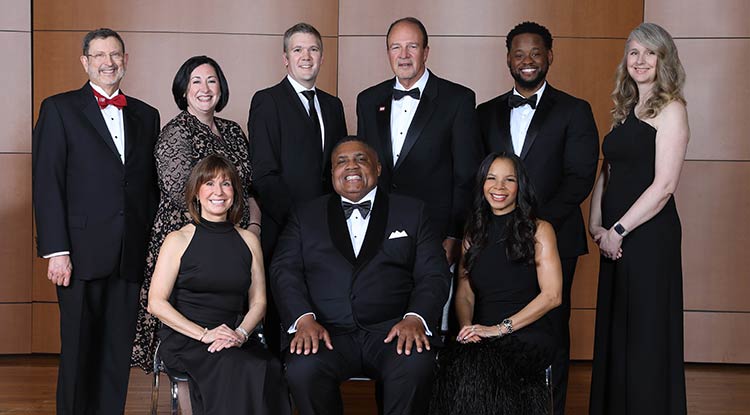
See the latest graduates to earn the Alumni Association’s top honor.

Find out why IUP Day at PNC Park has become one of the most anticipated alumni events.
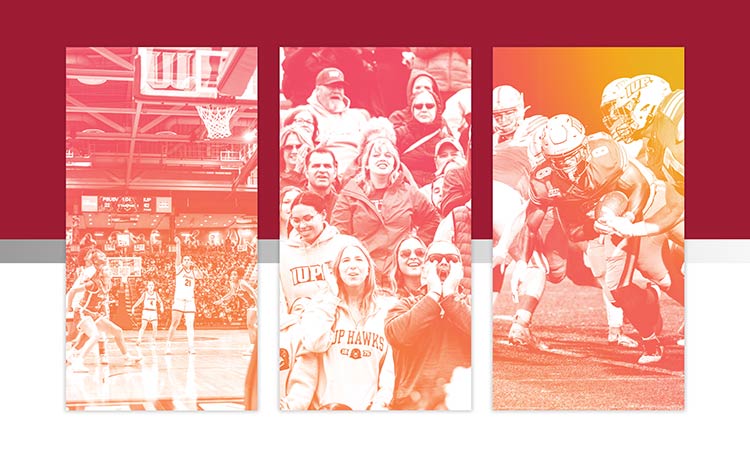
Find out how allowing Division I student-athletes to be paid impacts DII schools like IUP.

A nostalgic look back at college life in the 1960s at Indiana State College (now IUP), reflecting on dorm life in historic John Sutton Hall, campus...

On the day IUP officially began celebrating the 150-year anniversary of its founding as Indiana State Normal School, it also launched its...

Nearly 460 new graduates were honored at Winter Commencement on Saturday, December 13, 2025, at the Kovalchick Complex before heading into the next...
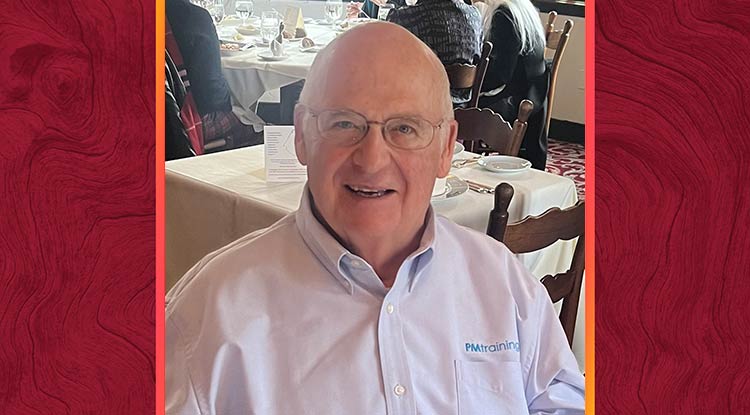
Some 60 years have passed, but IUP alumnus Michael Lambert remembers every word of a lecture English professor Maurice Rider gave one warm spring...
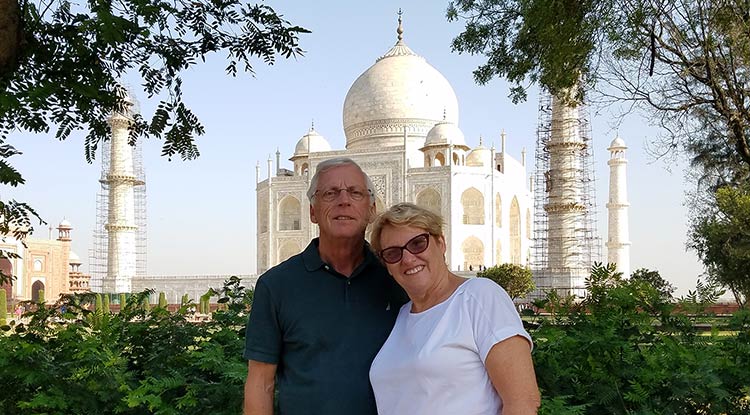
David Walzak and the former Becky Blocker met in the Oak Grove in September 1968, and 57 years later, they are still together. Learn about their...

Abigail Hancox, a 2024 graduate of IUP, is one of only two students in the PASSHE System and one of only three United States representatives for...
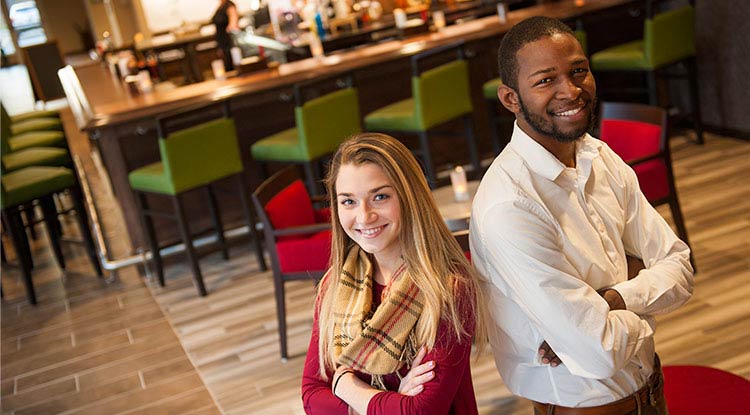
Programs in Indiana University of Pennsylvania’s Department of Hospitality and Employment Relations have received unconditional reaffirmation...

The Indiana University of Pennsylvania Council of Trustees approved a new dining plan option and recommended changes in fees, including a...

Today, Indiana University of Pennsylvania’s Council of Trustees approved the Doctorate in Osteopathic Medicine program, which would be...

Ruth Riesenman, of Indiana, a 1964 alumna of Indiana University of Pennsylvania, retired IUP administrator, long-time IUP supporter and volunteer,...

“Points of Pride” highlights achievements in academics, athletics, scholarships and grant awards, community services, and other areas.

On Wednesday, December 10, Indiana University of Pennsylvania and the Indiana County Coroner’s Office formalized a pre-clinical training...

On Saturday, December 13, Aretha Swift’s “incomplete” list will be one major item shorter. Swift, 65, of Abington, will receive...

Indiana University of Pennsylvania will hold a commencement ceremony on December 13 for 459 graduates who have completed academic requirements for...

Indiana University of Pennsylvania students from WIUP-FM, IUP’s student-operated radio station, won top honors and national recognition for...

IUP graduate Lt. Col. Barry Gasdek, the recipient of awards for heroism and military service, including the Distinguished Service Cross, was the...

For Alexa Zacek, Annual Giving coordinator, building a culture of giving is all about empowering students to see their own impact. In her role, she...

In 2025, IUP kicked off its 150th Anniversary, honoring our roots while looking forward to the future, with the launch of IUP Impact 150. This year...

Indiana University of Pennsylvania has received $1.34 million from the US Department of Education to develop the Crimson Hawks Bridge, a multi-year...

Indiana University of Pennsylvania’s online nursing program has been ranked as a top-five program in Pennsylvania by EduMed. This...